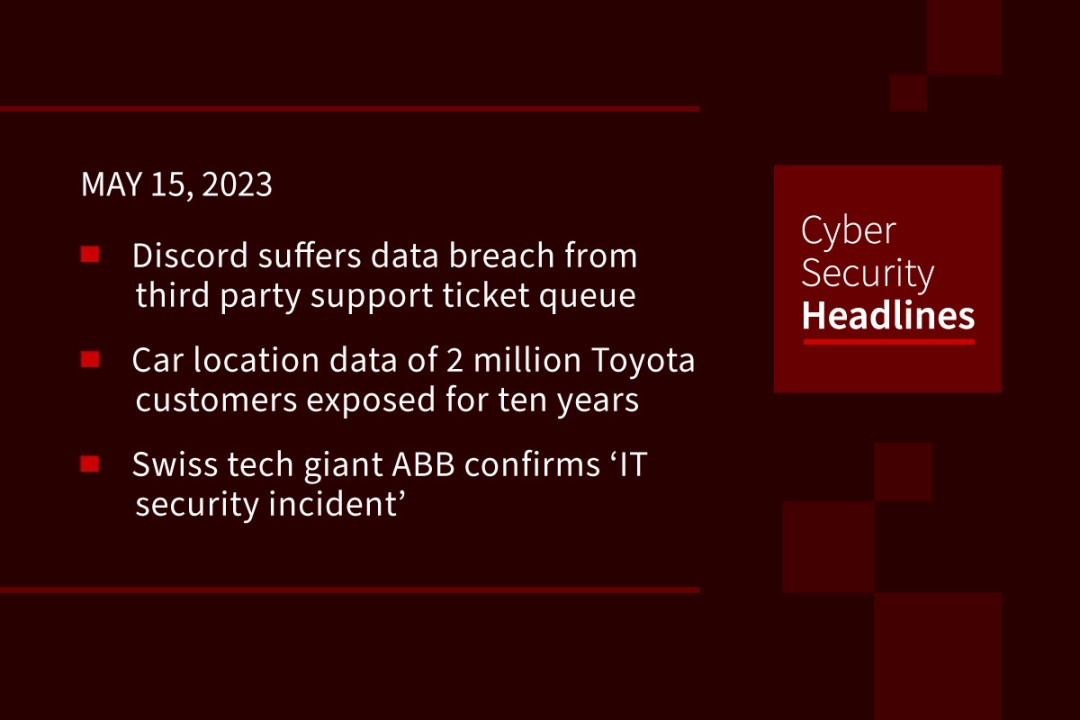Discord, the popular communication platform that serves as a vibrant digital town square for communities, gamers, and casual chatters alike, recently embarked on a mission to ensure its users were truly of age. Particularly in the United Kingdom, this involved a new age-verification process, demanding users scan and submit their government-issued IDs. A seemingly reasonable step towards compliance and user safety, perhaps. However, what began as a measure to secure the platform has ironically unfolded into a significant security incident, potentially compromising the very identities it sought to verify.
The Breach Unveiled: From Scores to Millions
Initial reports, stemming from Discord`s official statements, painted a picture of a contained incident. Roughly 70,000 users` government-issued IDs were believed to have been exposed due to a hack targeting 5CA, a third-party service provider entrusted by Discord with these sensitive age-verification duties. This figure, while concerning, soon appeared to be merely the tip of a much larger, more ominous iceberg.
A subsequent investigation by Cyber Security News dramatically revised these numbers. The count of stolen government IDs soared to an estimated 2.1 million. Furthermore, the total tally of affected individuals could reach approximately 5.5 million unique users, spanning across an alarming 8.4 million support tickets. It seems the digital gatekeepers, in their admirable quest to ensure users were of age, inadvertently opened a back gate to their most sensitive identification documents. One might say, an abundance of caution led to an abundance of… vulnerability.
What Data Was Compromised?
The scope of the compromised data extends beyond just government IDs, casting a wide net of potential risks for those affected. The hackers reportedly attempted to extort Discord, claiming possession of a staggering 1.5 terabytes of stolen data. This trove potentially includes:
- Government-issued IDs and photographs: The most critical, given their direct use in identity verification.
- Usernames: The digital handles we use to navigate the platform.
- Email accounts: A primary conduit for communication and account recovery.
- IP addresses: Which can reveal approximate geographic locations.
- The last four digits of credit card numbers: While Discord states full credit card numbers and CVV codes were not breached, even partial information can be leveraged in sophisticated phishing attacks.
The exposure of ID photographs is particularly troubling, as it was a key point of contention during the initial UK age-verification rollout. These images were often required for manual reviews or appeals, indicating the depth of trust placed in the third-party handler.
The Peril of Third-Party Trust: The 5CA Factor
This incident throws a harsh spotlight on the inherent risks associated with outsourcing critical operations, especially those involving sensitive personal data. Discord, like many large platforms, relies on specialized external vendors such as 5CA to manage specific tasks, such as the labor-intensive process of manual age verification. While this can streamline operations, it also means extending the “security perimeter” beyond a company`s direct control.
“When you outsource security-critical functions, you`re not outsourcing the risk; you`re simply sharing it – and sometimes, magnifying it.”
In this case, 5CA became the weak link in Discord`s security chain. Their systems, holding data collected on behalf of Discord, were breached, turning a shared responsibility into a shared liability. This highlights a universal challenge: a company`s cybersecurity posture is often only as strong as its weakest vendor`s.
Discord`s Response and Broader Implications
In the wake of the breach, Discord has stated it is actively working with law enforcement agencies to investigate the incident and has begun notifying affected users via email. Their reassurances regarding the non-exposure of full credit card details offer some solace, but the magnitude of personal identification data potentially compromised remains a significant concern.
This episode serves as a potent reminder of the delicate balance between digital identity, user privacy, and regulatory compliance. As governments push for more stringent age-gating and identity verification online, platforms are compelled to collect increasingly sensitive data. Yet, with every piece of personal information collected, the burden of protection escalates exponentially. The Discord hack underscores that securing this data is not merely a technical challenge but a continuous, high-stakes battle against persistent and sophisticated cyber threats.
For users, the takeaway is clear: exercise extreme caution with any requests for personal identification online, even from seemingly legitimate sources. For platforms, the message is equally stark: the trust placed in third-party vendors must be scrutinized with the same rigor, if not more, as internal security protocols. Because when the digital doors are opened, even by a trusted hand, the consequences can affect millions.

